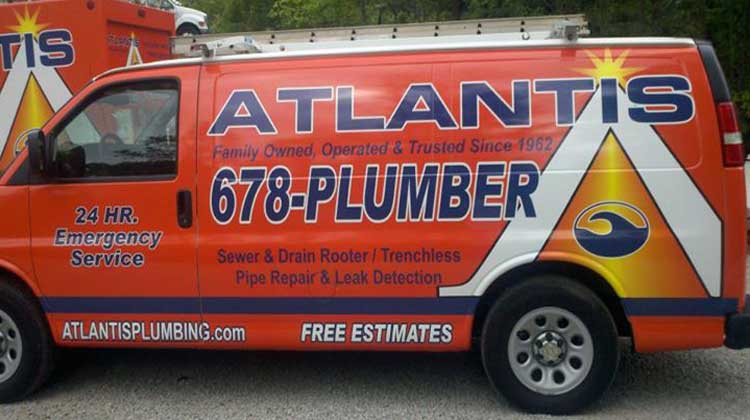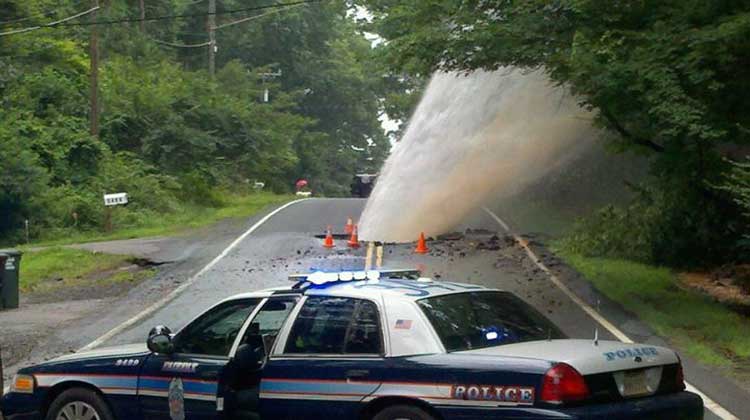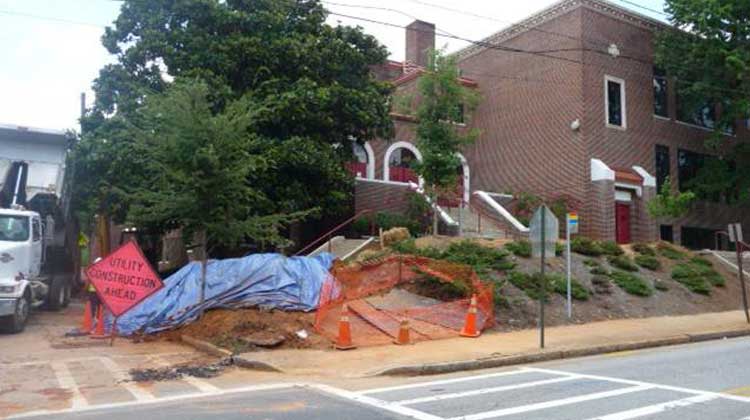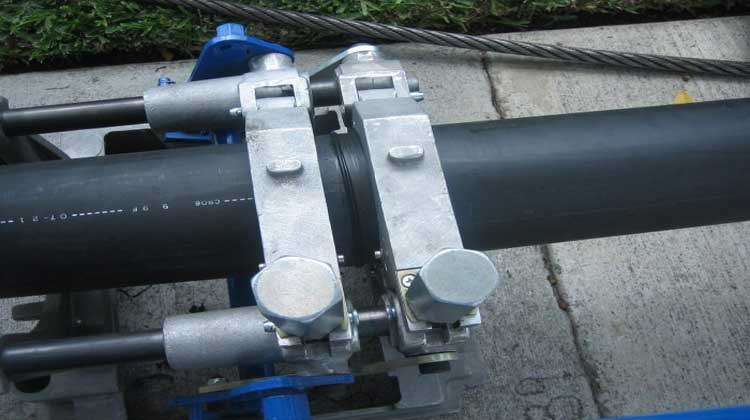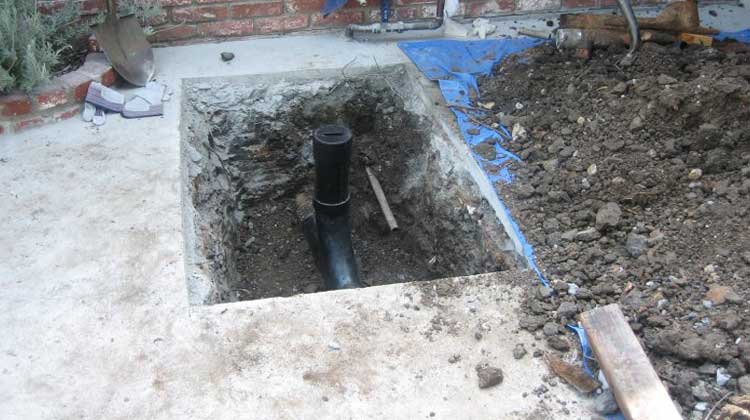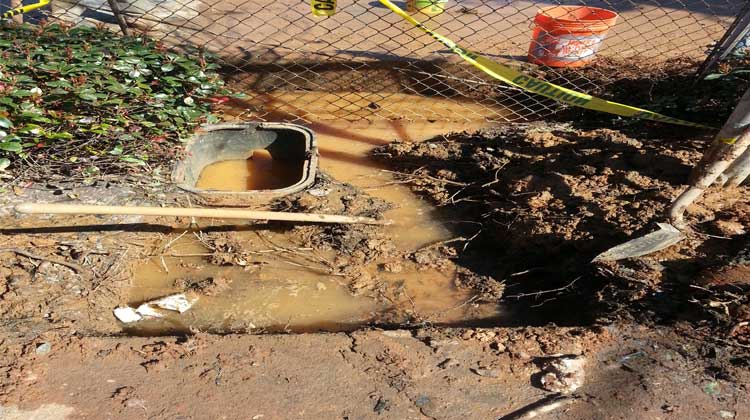Are you a Marietta homeowner facing polybutylene problems? Atlantis Plumbing & Leak Detection has solved polybutylene problems for thousands of homeowners.
What is Polybutylene?
Polybutylene pipes are made from a form of plastic and was used in a great deal of water supply pipe systems –- both interior and exterior mains -- from about 1978-1995. It is estimated that between 6 and 10 million homes had polybutylene pipes at one time. Polybutylene was a popular material for water supply pipes because it was easy to install and it was relatively inexpensive in comparison to traditional copper pipes.
How Do I Determine if I Have Polybutylene Pipes?
You can recognize polybutylene pipes by looking for a dull blue or gray finish with a diameter of a half inch to an inch. Sometimes polybutylene pipes can be black – but you shouldn’t mix these up with black poly pipes.
Where Should I Look for Polybutylene Pipes?
You can find polybutylene pipes inside and outside your home. If you are inside your home, look near your water heater and near your sinks and toilets. You may also look on the ceiling if you have an unfinished basement. If you are outside of your home, look for polybutylene pipes in your basement (along the walls or floor), in your home’s crawlspace, near your home’s exterior water heater, and at your home’s concrete slab. Also, take a look at your water meter. Sometimes polybutylene pipes were used at the water meter and go underground to your home.
One note of caution: Sometimes plumbers installed copper piping at the ends of the piping and used polybutylene for the rest of the piping. It’s hard to know if polybutylene pipes are hidden in your walls without knowing the history of your home’s construction or tearing out a wall. It’s something to consider – especially if you’re planning to remodel your home.
Should I Be Concerned if I Have Polybutylene Pipes?
Keep in mind that scientific evidence of polybutylene pipes is limited, although some studies suggest that the chemicals in the public water system – such as chlorine – reacted to the polybutylene pipes and created tiny cracks in the pipes. Chlorine can accelerate corrosion and decrease the elasticity of polybutylene pipes, according to the studies. This then led to the weakening and sometimes the ultimate failure of the entire piping system. Many homeowners sued the manufacturers of polybutylene pipes in the 1980s. While manufacturers of the polybutylene piping system did not publically state that their products were defective, they did enter a Class Action settlement that with an initial ruling of $950 million. The law suite has ended, and if you did not enter the settlement, then you no longer can be compensated for your polybutylene piping system, unfortunately.
What Can I Do Then?
You can replace your piping system. You always want to hire a licensed and certified plumber to do work as important as replacing your pipes. At Atlantis Plumbing & Leak Detection, our professional plumbers have the experience and know how to get the job done right. We have replaced thousands of waterlines over the years, so you can rest assured we have vast experience with Polybutylene problems. Call today and schedule a free consultation. You'll be glad you did!
We offer polybutylene repair and replacement in Marietta GA, as well as:
Fulton County, Bartow County, Cobb County, Dekalb County, Cherokee County, Gwinnett County, and Douglas County.
Dallas GA, Hiram GA, Acworth GA, Atlanta GA, Austell GA, Cartersville GA, Doraville GA, Douglasville GA, Kennesaw GA, Lawrenceville GA, Lithia Springs GA, Loganville GA, Mableton GA, Marietta GA, Powder Springs GA, Rockmart GA, Roswell GA, Smyrna GA, Tucker GA, Villa Rica GA, Vinings GA, and Woodstock GA.


